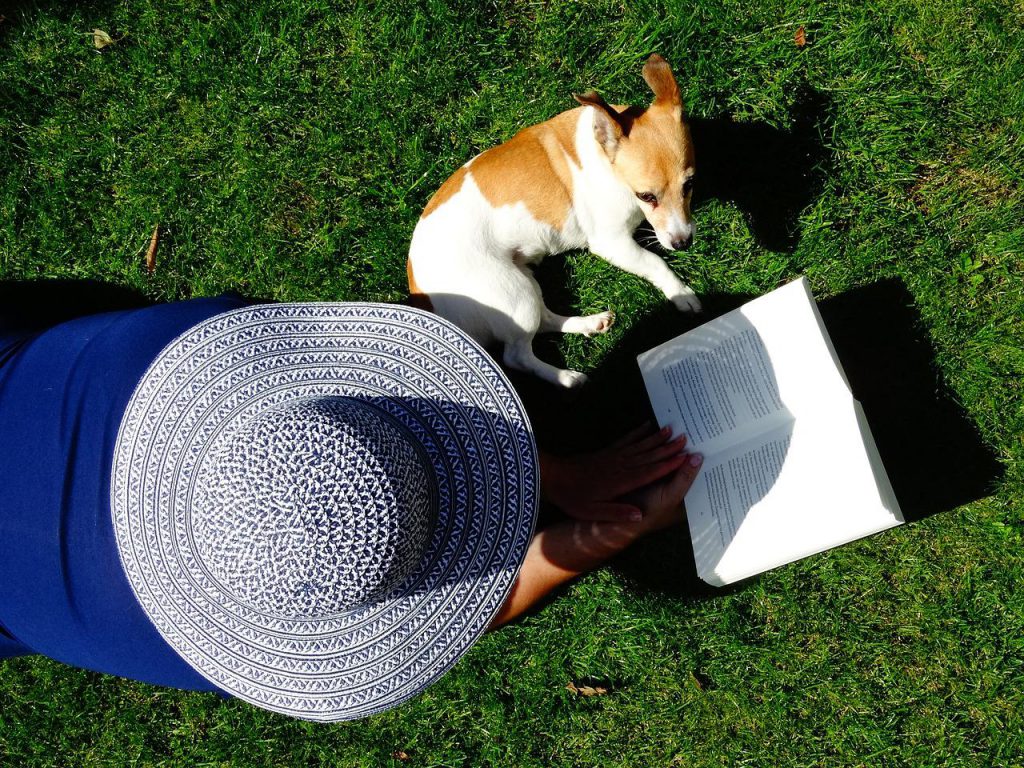
Before you enjoy the long holiday weekend, swing by the HSHSL for a leisure reading book from our collection of bestsellers. #LeisureReading #KinnardCollection

601 West Lombard Street
Baltimore MD 21201-1512
Reference: 410-706-7996
Circulation: 410-706-7928

Before you enjoy the long holiday weekend, swing by the HSHSL for a leisure reading book from our collection of bestsellers. #LeisureReading #KinnardCollection
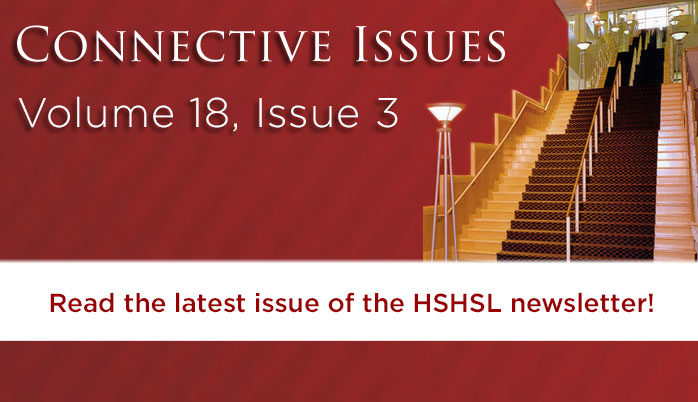
In this edition:
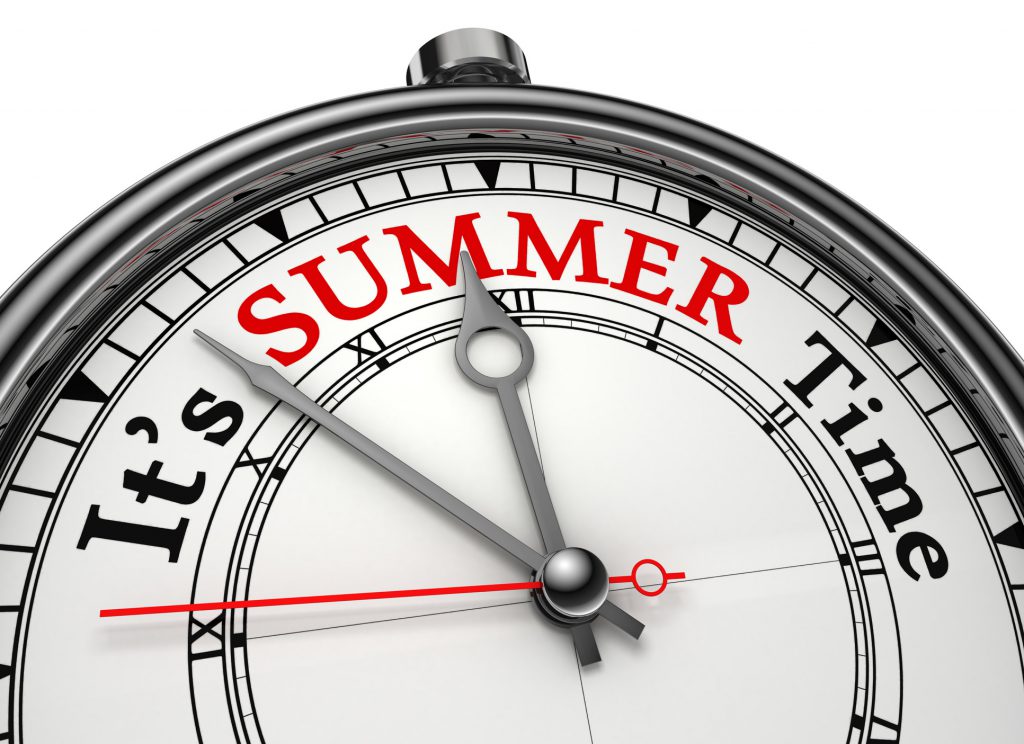
May 15 – Aug. 18, 2024
| Monday – Thursday | 6 a.m. – 8 p.m. |
| Friday | 6 a.m. – 6 p.m. |
| Saturday | 8 a.m. – 6 p.m. |
| Sunday | CLOSED |
Exception to Regular Hours
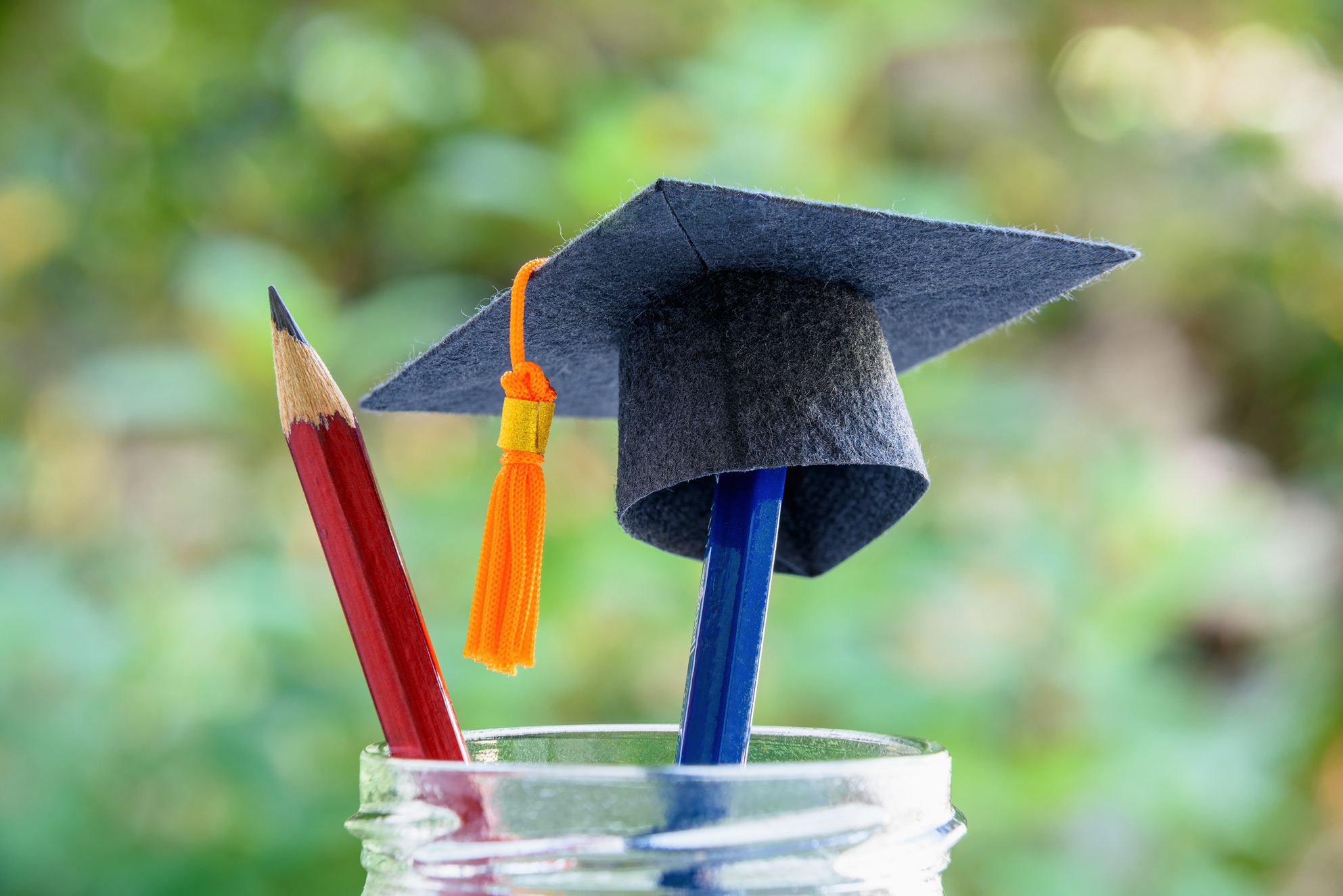
The HSHSL sends its heartfelt congratulations to the graduating class of 2024! As you prepare to take on new challenges, we want to remind you of the support and resources available to you beyond graduation.
| Freely Available Databases | Type of Information | Can Be Used in Place of |
| PubMed | Literature | Embase, CINAHL, Scopus, Ovid MEDLINE, PsycInfo, etc. |
| Google Scholar | Literature | Embase, CINAHL, Scopus, Ovid MEDLINE, PsycInfo, etc. |
| DrugBank | Drug Information | Micromedex, Lexicomp, Natural Medicines |
| MedlinePlus | Patient-Friendly Health Information | Micromedex, Lexicomp, UpToDate, Natural Medicines |
| ECRI Guidelines Trust | Clinical Practice Guidelines | UpToDate |
| TRIP Database | Literature | Embase, CINAHL, Ovid MEDLINE |
| NCBI Databases | Various – literature, chemical information, genetic/genomic information, etc. | SciFinder, Embase, CINAHL, Scopus, Ovid MEDLINE, PsycInfo, etc. |
| Directory of Open Access Journals (DOAJ) | Literature | Embase, CINAHL, Scopus, Ovid MEDLINE, PsycInfo, etc. |
The HSHSL wishes you all the best in your future endeavors! Please contact the Information Services Desk if you have any questions.
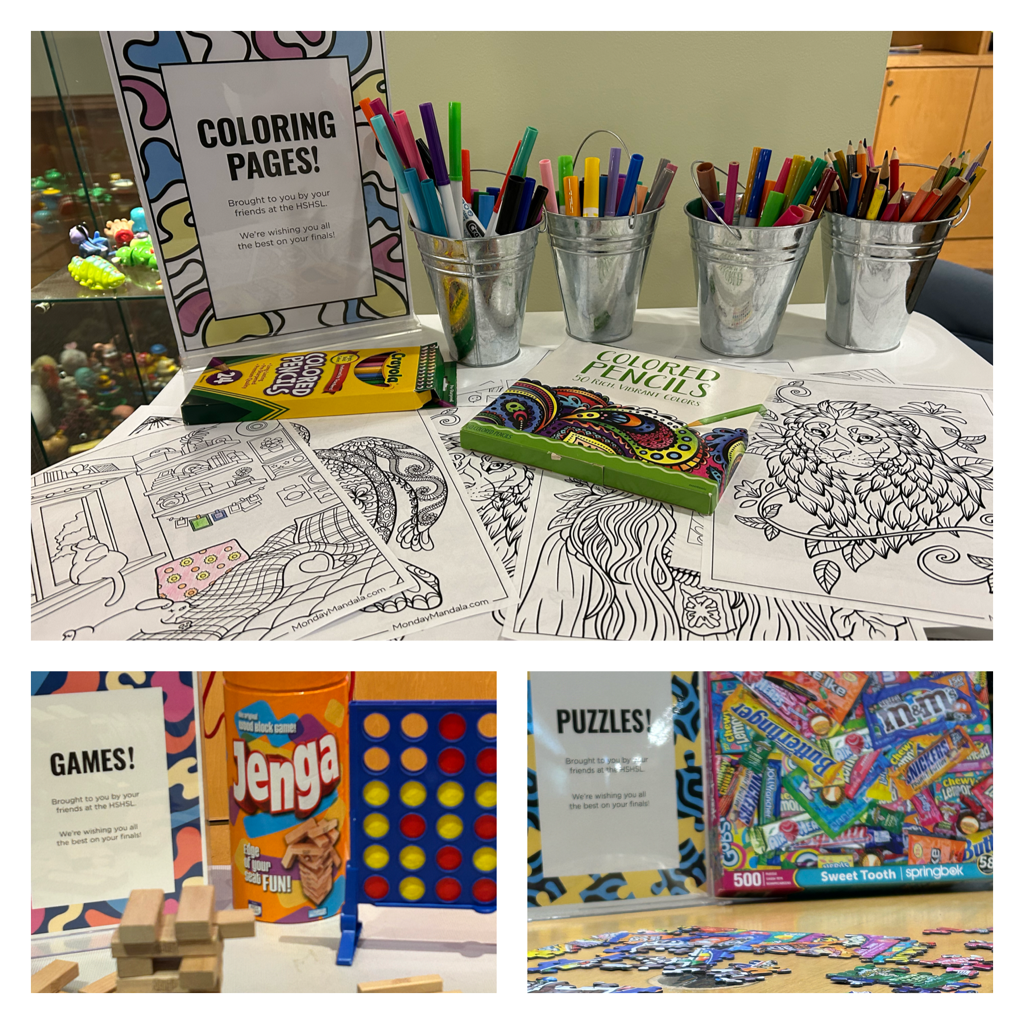
Wrapping up finals and graduation is almost here. Need a breather? We’ve got puzzles, games, and coloring pages to help you chill. Best of luck from HSHSL!
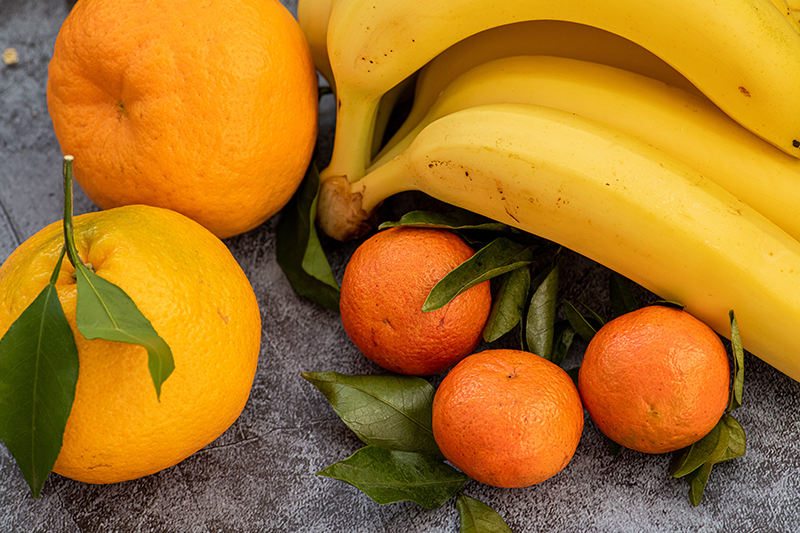
Hey students, swing by the HSHSL for a burst of fruity goodness! On Thursday morning, May 9, we will have fresh bananas and clementines waiting for you at the front desk. The library wishes you the best during finals and congratulations to those of you graduating.
Bonus stress relief! Unwind with puzzles, games, and coloring pages galore on the first floor whenever you need a breather.
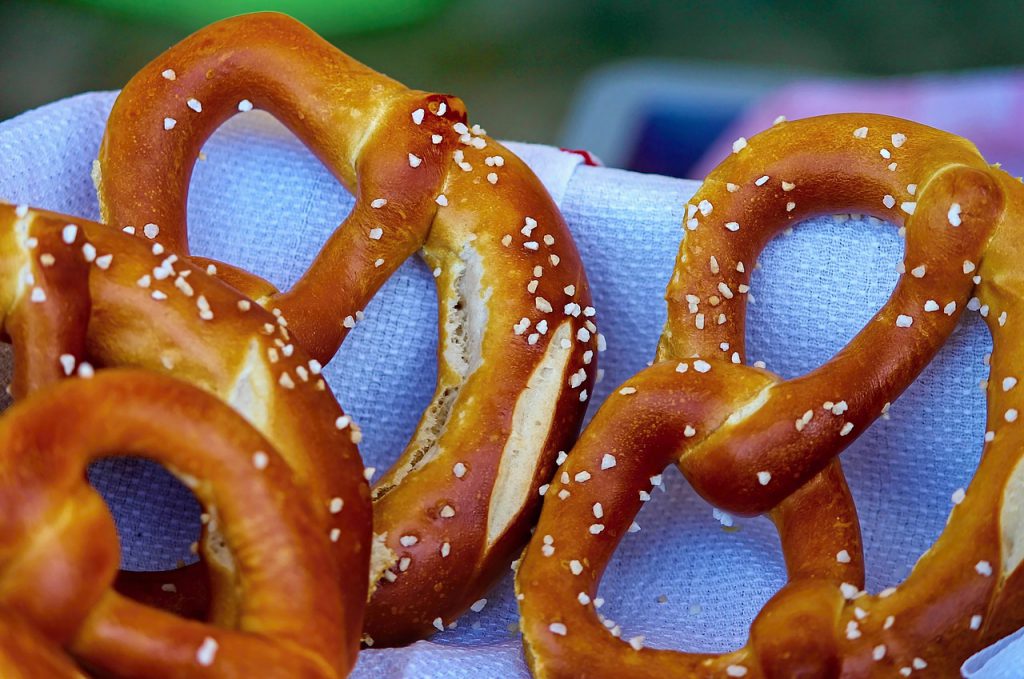
Hey students, it’s time to unwind! Come hang out with us at the Weise Gallery in HSHSL on Thursday, May 2nd, starting at 2:00 pm. Treat yourself to some delicious big soft pretzels from Philly Pretzel Factory, served with a variety of tasty condiments. Don’t let this opportunity slip by!
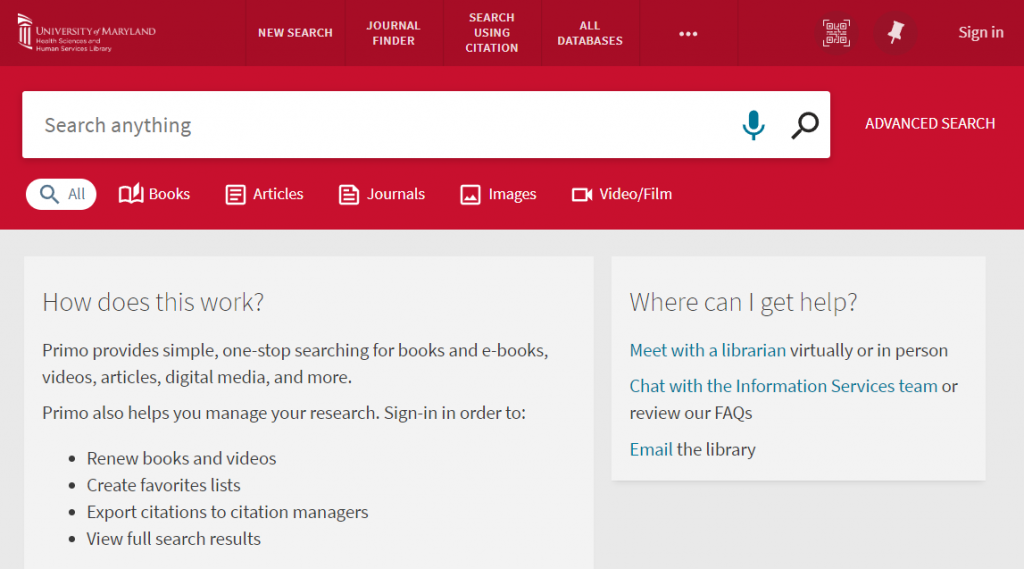
What is Happening?
UMB, along with the 17 other libraries in the University System of Maryland and Affiliated Institutions (USMAI), will be replacing our decades-old integrated library system this spring. On May 23, 2024, the new system will be available to the university community and you will notice some changes in your OneSearch experience. Features include:
Frequently Asked Questions
You will see a new interface when you conduct a search in the OneSearch box on the library website. You can use this system for the same types of searches you did in the old interface. If you currently have a My EBSCOhost account with saved searches, alerts, or citations, you will no longer be able to get to them through OneSearch. However, they can still be accessed in individual EBSCO databases such as CINAHL and PsycINFO.
The old system goes away in June, so you will need to check any permalinks from the old system that are on your website, in your course syllabi, or in your Blackboard courses as soon as possible after May 23. Look out for links that contain search.ebscohost.com/login in the middle. Library staff will share instructions for how to update permalinks in the new system after May 23rd.
The old Library Catalog will no longer be available after May 23rd. To manage any physical books that you have checked out from the library, you will log into your account in OneSearch. From 5:00pm on May 17th until May 23rd, you will not be able to request books from other Maryland libraries while the system migration takes place.
The HSHSL will keep you informed with updates as we progress.
Contact your School’s Librarian or the Information Services department.
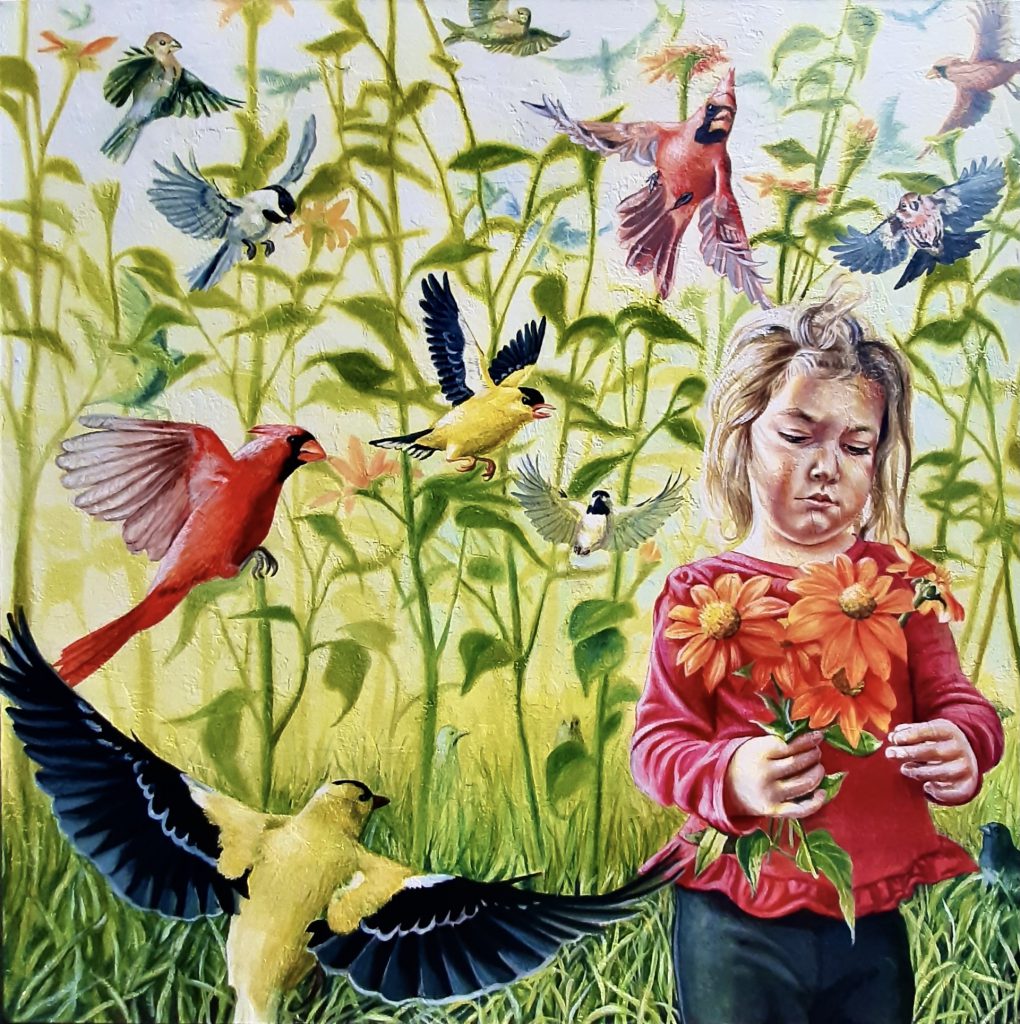
The Weise Gallery presents artworks by four Baltimore-based artists: Bridget Cimino, James Eichelberger, Matt Muirhead, and Beth-Ann Wilson. With their distinct viewpoints, each artist invites viewers to engage with nature, fostering a deeper connection to our surroundings. Come and experience an exhibition that celebrates the natural world, as envisioned by these gifted local talents. The show runs from April 3 – May 17. Artwork shown in this post: The Second Before, by Bridget Cimino.

Have a question? Need guidance on where to find a journal article or which citation manager to use? The HSHSL’s Information Services desk is here to provide you with fast and friendly reference help. Come by in person, email: hshsl@umaryland.edu, call: 410-706-7995, or chat.